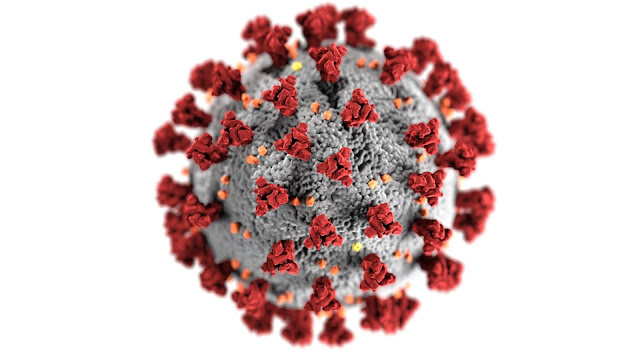Coronavirus Prevention (COVID-19): 12 Tips and Tricks
Here are
some health tips to help us understand how to protect ourselves and others.
1. Wash your hands often and use warm water and soap carefully and rub your hands for at least 20 seconds.
Engage in the wrists, between your fingers, and under your nails. You can also use antifungal and antifungal soap. Use a hand sanitizer where you can wash your hands thoroughly. Wash your hands several times a day, especially after touching anything, including a phone or laptop.
2. Avoid touching your face.
USARS-CoV-2 can stay in place for up to 72 hours. You can catch the virus with your hands when you touch a place like this:
- gas pump
- your cell phone
- to avoid touching any part of your face or head, including your mouth, nose, and eyes.
- Also, avoid biting your nails. This can give SARS-CoV-2 a chance to get out of your hands and into your body.
3. Stop shaking hands and hugging people.
Now in the same way, avoid touching other
people. Skin-to-skin contact can transmit SARS-CoV-2 from one person to
another.
4. Do not share personal items.
Do not share personal items such as:
- phone
- makeup
- combs
5. Close your mouth and nose when you cough and sneeze.
SARS-CoV-2 is found in large
quantities in the nose and mouth. This means that they can pick up airborne
droplets when you cough, sneeze or talk. It can also live in difficult areas
and last for up to three days. Use the muscles or nerves on the elbow to
protect your hands as much as possible. Wash your hands carefully after
sneezing or coughing, regardless.
6. Clean and disinfecting areas.
Use alcohol-based disinfectants to clean hard surfaces in
your home such as: anti-furniture paper, clean your phone, laptop, and anything
else you do and use it several times a day. white vinegar or hydrogen peroxide
solution for normal cleaning in the middle of the area.
7. Make sure you have proper physical distancing.
If you are infected with the SARS-CoV-2 virus, a large amount of your sputum (sputum) will be detected. This can happen even if you do not have symptoms. Physical separation, and it means staying home and working as far away as possible. If you have to visit existing facilities, keep 6 meters away from others. You can transmit the virus by talking to someone close to you.
8. Do not meet in groups.
Joining or meeting makes you more likely to have a close relationship with someone This includes avoiding all places of worship, as you may live or be very close to another company. It also includes not collecting in parks or on the beach.
9. Avoid eating or drinking in public places.
Now is not the time to go out and eat. This
means avoiding restaurants, cafes, bars, and other restaurants. The virus is
spread through food, utensils, utensils, and cups. It may take a temporary
flight to others at the scene. You can still bring delivery or have food picked
up. Choose foods that are well cooked and warm. Extremely high temperatures (at
least 132 ° F / 56 ° C, according to some recent research samples not yet
considered) help kill coronaviruses. open the salad bars.
10. Wash fresh food.
All products under running water before eating or preparing. A
reliable CDCTrusted and FDAT source does not recommend the use of soap, soap,
or commercial products to wash products such as fruits and vegetables. Be sure
to wash your hands before and after handling these items.
11. Wear a mask (made at home).
The Centers for Disease Control and Prevention (CDC) recommends that a reliable source wear almost any mask in public places where physical removal can be difficult, as in department stores. Allow people who are asymptomatic or unfamiliar to spread SARS-CoV-2 while breathing, talking, tearing, or coughing This, in general, slows down the transmission of the protein.
The CDC website contains instructions from a trusted Source for making your own mask at home using basic materials like a T-shirt and scissors.
Some guidelines to keep in mind do not prevent SARS-CoV-2 infection. Careful hand washing and body distance should follow:
- Cloth masks are not as effective as other types of masks, such as surgical masks or N95 masks. However, other masks should be reserved for health professionals and those who respond to them first.
- Wash your hands before applying the mask.
- Clean the mask after each use.
- You can move the virus from your hand to the screen. If you wear a mask, avoid touching the front of the mask.
- You can also move the virus from the hands to your mask. Wash your hands if you touch the front of the mask.
- The mask should not be worn by a child under 2 years of age, a person with breathing problems, or a person who cannot remove the mask on their own.
- Call your doctor if you have any symptoms. Stay home until you get back. Avoid sitting, sleeping or eating with your loved ones, even if you live in the same house. Wear a mask and wash your hands as much as possible. If you need immediate medical attention, put on a mask and let them know you have COVID-19.
Credited image: pexels.com
